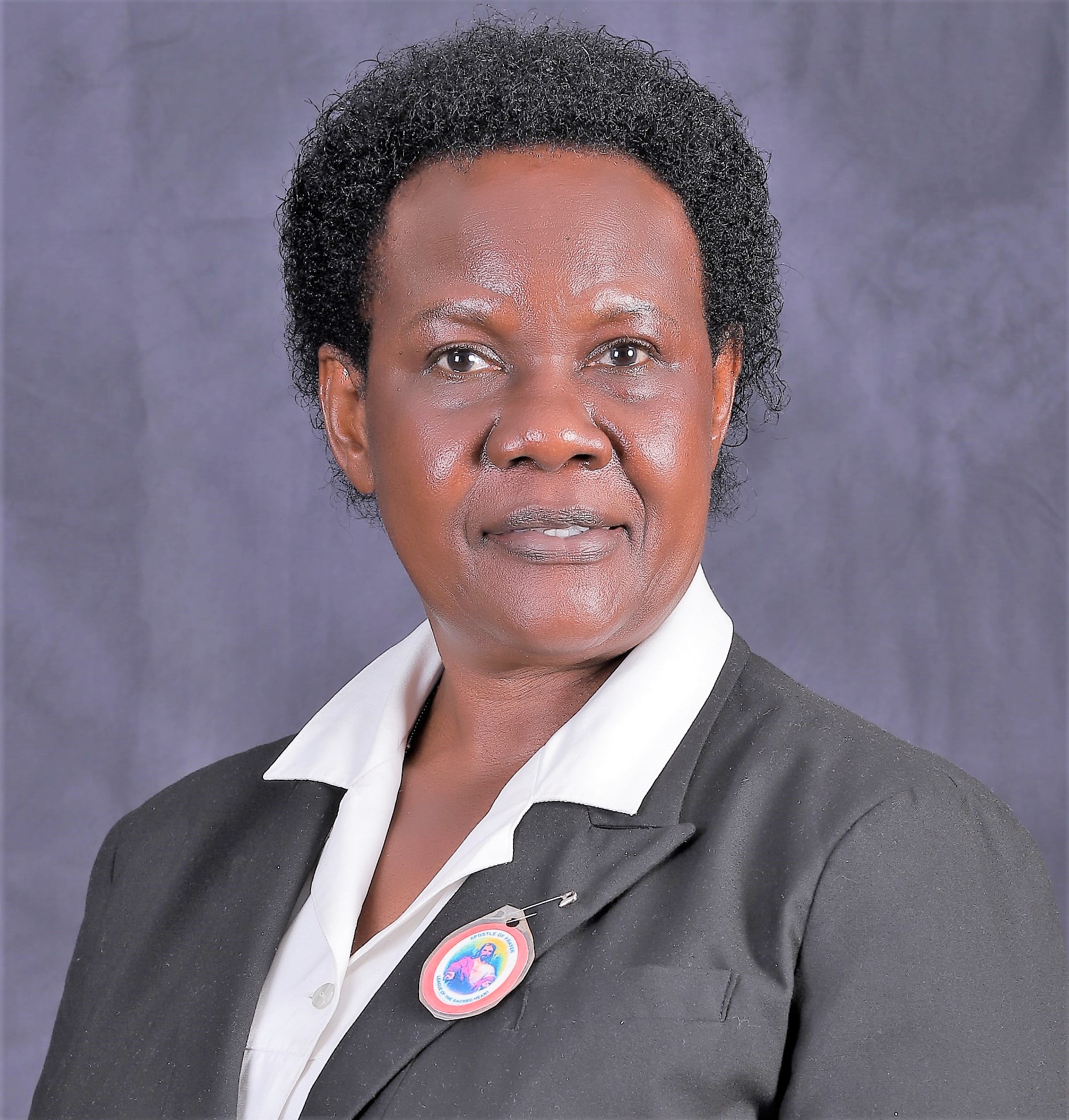
By Dr. Jane Nambakire Mulemwa
Following the announcement of the Final Investment Decision (FID) in February 2022, and the recent accession of the Democratic republic of Congo (DRC) into the East African Community (EAC), the case for regional and international cooperation in the sustainable exploitation of natural resources has never been stronger. This is primarily because the East African Crude Oil pipeline (EACOP) project not only traverses Uganda and Tanzania but is designed to be a regional pipeline with potential linkages to DRC and South Sudan.
In July 2019, the Petroleum Authority of Uganda (PAU) joined the Energy Regulators Association of East Africa (EREA), which brings together energy regulators in the East African region. In December 2019, the EREA formed a Petroleum Portfolio committee to focus on upstream, midstream, and downstream technical issues. This was against the backdrop of a Memorandum of Understanding (MOU) signed in 2019 with the Energy and Water Regulatory authority of Tanzania for the joint coordination of pipeline regulation.
The recent accession by the DRC to the EAC provides a new impetus to increase and broaden this partnership geared towards strengthening regional cooperation.
This is an exciting period for the EAC considering that Uganda is transitioning from exploration to the development and production of its petroleum resources with a project investment estimated at about $15-20Bn. The Republic of Tanzania Liquified Natural Gas (LNG) project is estimated at $30bn, while Kenya and the DRC are also undertaking exploration activities in their respective provinces. South Sudan (which is currently an observer at the EAC) is already producing and exporting crude oil via pipeline from Hegleig and Paloch to Khartoum and then to Port Sudan. Mozambique, which falls within the Western Rift Valley, is already developing its LNG project after a Final Investment Decision (FID) for a $20bn project.
The East African potential cooperation is a great opportunity to lift the EAC people from poverty. This, however, will require synergies from government entities, including the regulators, in order to lay strategies and develop policies that maximise value retention in the region through National Content.
The Authority continues to benchmark from other regulators worldwide in order to adopt international regulatory best practice. These collaborations will lead to enhanced research, harmonisation of frameworks, tariffs structures, capacity building, and technical assistance in many areas.
Benefits Reaped from the EREA Cooperation
The partnership has enabled the accretion of benefits that arise from regional services in the planning and development of an integrated market for petroleum products. This gives the regulators a unified voice and common approach on energy regulatory matters, regionally and internationally.
In October 2021, under my stewardship as chairperson of the EREA General Assembly, a Memorandum of Understanding was presented to Hon. Dr. Ruth Nankabirwa Ssentamu, Uganda’s Minister, Ministry of Energy and Mineral Development (MEMD), with the goal of enabling the establishment of the Energy Regulation Centre of Excellence in Arusha, Tanzania. The Honourable Minister pledged to support EREA’s strategic initiatives geared towards promoting a robust Energy Union in the East African Community block.
EREA continues to gain recognition through its participation in the activities of other organizations, including the Common Market for Eastern and Southern Africa (COMESA) under the Enhancement of a Sustainable Regional Energy Market (ESREM) project, the African Union, the World Bank, and the East African Centre of Excellence for Renewable Energy and Efficiency (EACREE).
With the recent acceleration of the developments in the EAC, it is the mandate of each and every citizen to ensure the sustainable development of the resources for the benefit of the present and future generations.
The Authority looks forward to increased visibility, collaborative relationships, and the sharing of information as a clear pathway to the success that the country is already experiencing from its association with similar Energy regulators in the region.
#ENDS
The Author is the current chairperson of the General Assembly of EREA and Chairperson, Board of Directors of the Petroleum Authority of Uganda
Illustration: The handover of the MOU from Dr. Jane Mulemwa to the Hon. Ruth Nankabirwa Ssentamu, Minister, MEMD.
